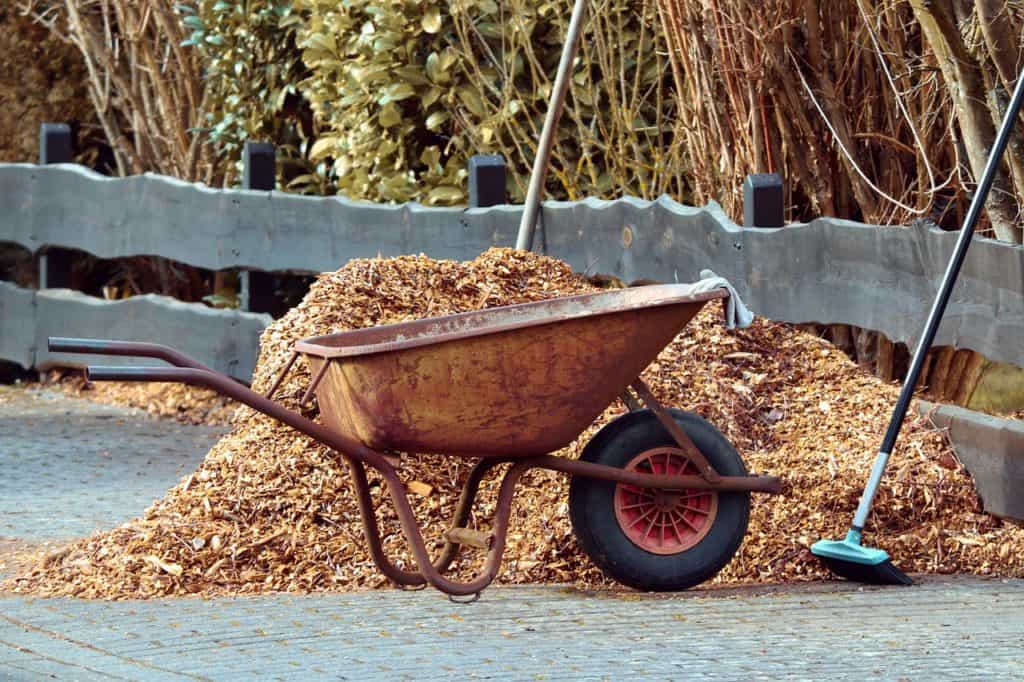No garden is complete without mulch. Mulch enriches the health of your plants and flowers because it retains moisture in the soil, suppresses weeds, keeps soil cool in the summer months, and prevents frost in the winter months. If that isn’t enough, mulch also makes the garden bed more attractive, improves soil structure, drainage, and nutrient-holding capacity.
Yes, mulch is essential to a thriving garden. But does mulch need to be replaced, and if so, how often do you need to do it?
When You Need to Replace Mulch
Over time, mulch begins to decompose. Once this process starts, the mulch no longer serves the soil with the needed nutrients. Decomposition also means that the mulch can no longer retain moisture in the ground, and weed growth and erosion start to take over your garden bed.
Fortunately, most mulch materials will last a year or longer. There is no set amount of time that the mulch will last in a garden bed. Durability will depend on the type of mulch you use, your garden’s soil conditions, and the climate where you live.
If you’re unsure whether it’s time to replace your mulch, the easiest way to know is to check the mulch each spring and consider its condition. It should look similar to how it appeared when you first laid it down. If that’s the case, your mulch is probably ok for another year.
On the other hand, if the mulch is broken down into much smaller pieces and degraded, then it’s time to replace it.
How to Replace Mulch
When your mulch gets to the point that you need to replace it, you can save yourself some work by merely raking the existing mulch out then adding a new mulch on top of it. There is no need to dig out the old mulch and dispose of it. While the old mulch is not as nutrient-dense as it once was, it can still contribute to the soil’s richness.
Types of Mulch
The variation of mulch you choose to use in your garden will largely depend on the types of plants you are growing and the local climate. For example, if you don’t have many plants, rock mulch is an excellent option for preventing erosion while providing the necessary runoff for the plants you do have.
Other types of lawn mulch include:
- Pine or cedar bark chips
- Compost
- Straw
- Shredded bark
- Stones or river rock
Mulch Maintenance
Mulch is vital to the health of the plants in your garden bed and overall lawn maintenance. It will also cut down on erosion while improving the aesthetics of your property. With so many options to choose from, finding the best mulch for your garden is easy and will make all the difference in your landscaping quality.
If you’re unsure where to start with your garden beds, you can get expert advice from Moyer Lawncare & Landscape professionals. Contact us today for a free estimate!




